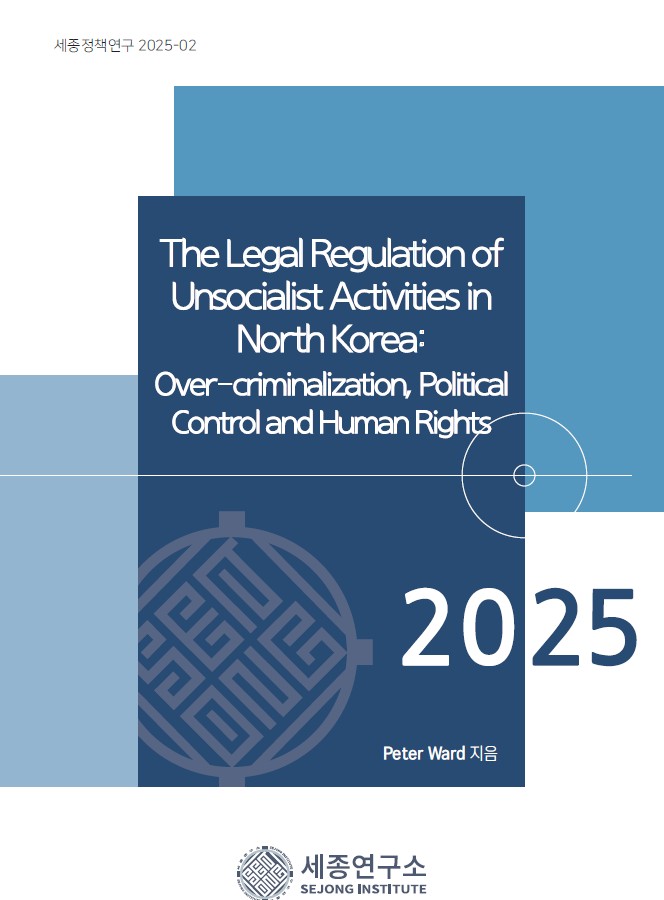Since the collapse of the Soviet Union—or arguably even earlier— North Korea’s government has struggled with the growing spread of decentralized and uncontrolled markets, as well as foreign and unauthorized cultural influences within its jurisdiction. In the early 1990s, Kim Jong Il condemned the rise of ‘unsocialist’ commercial culture, individualist values, and foreign cultural forms and content. This marked the beginning of campaigns against so-called unsocialist activities. Over time, these campaigns have become more sophisticated as the nature of the targeted activities has grown increasingly complex and embedded: markets have proliferated throughout North Korean society, and foreign cultural content has become pervasive, while digitization has made it far more difficult for the regime to control the spread and consumption of foreign media within its population.
Under Kim Jong Un, the intensity of such crackdowns has increased markedly—particularly since the onset of the COVID-19 pandemic in early 2020. Legal developments since 2020 have been characterized by a growing bifurcation between the economic and social realms. In the economic sphere, certain forms of private activity have continued to enjoy a degree of toleration or indifference, with relatively limited repression exercised by the authorities, for instance many forms of market activities occurring within the state appear to be tolerated. In contrast, the social sphere has witnessed a decisive escalation in state control, particularly in efforts to suppress the spread of foreign culture. This has included not only the replacement of administrative penalties with codified and draconian criminal sanctions, but also the introduction of the death penalty for a range of offenses. Some of these developments may also be tied to the failure of the Hanoi Summit in 2019 between Kim Jong Un and US President Donald Trump, with continued sanctions meaning that the regime in Pyongyang is more concerned about social control.
Legal development in North Korea has increasingly taken the form of sector-specific legislation that outlines operational frameworks for particular areas of economic and social life, and clarifies the types of behavior deemed acceptable or prohibited by the state. These include a wide range of ‘unsocialist’ commercial activities. At the same time, the regime has introduced cross-sectoral legislation aimed at curbing the spread of undesirable practices, such as corruption and the spread of foreign cultural influence.
This paper begins with a review of the existing literature on ‘unsocialist’ phenomena before offering a general framework for analysis. This framework focuses on the issue of deterrence with respect to punishment, over-criminalization in law generally and in socialist countries in particular, and the contrasting political control strategies of repression and conditional toleration. Thereafter, it examines the emergence of ‘unsocialist’ activities, both as a conceptual category within North Korean ideological discourse and as a set of practices that have become widespread in North Korean society and the economy. It then explores how the legal system has evolved to contain and suppress these practices, noting the highly differentiated nature of enforcement: while some activities are met with administrative penalties such as warnings and fines —often with some discretion afforded to law enforcement—others have been subjected to more severe and clearly codified criminal penalties. Finally, the paper considers the implications of these legal changes for the human rights of the North Korean people and the political control strategies that the regime seeks to utilize.

 파일명
파일명